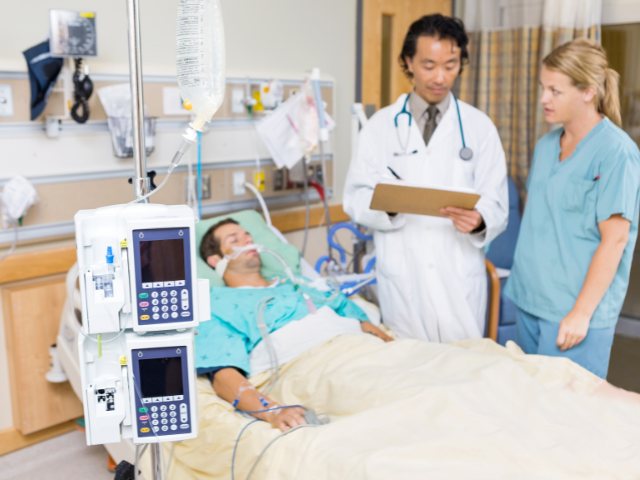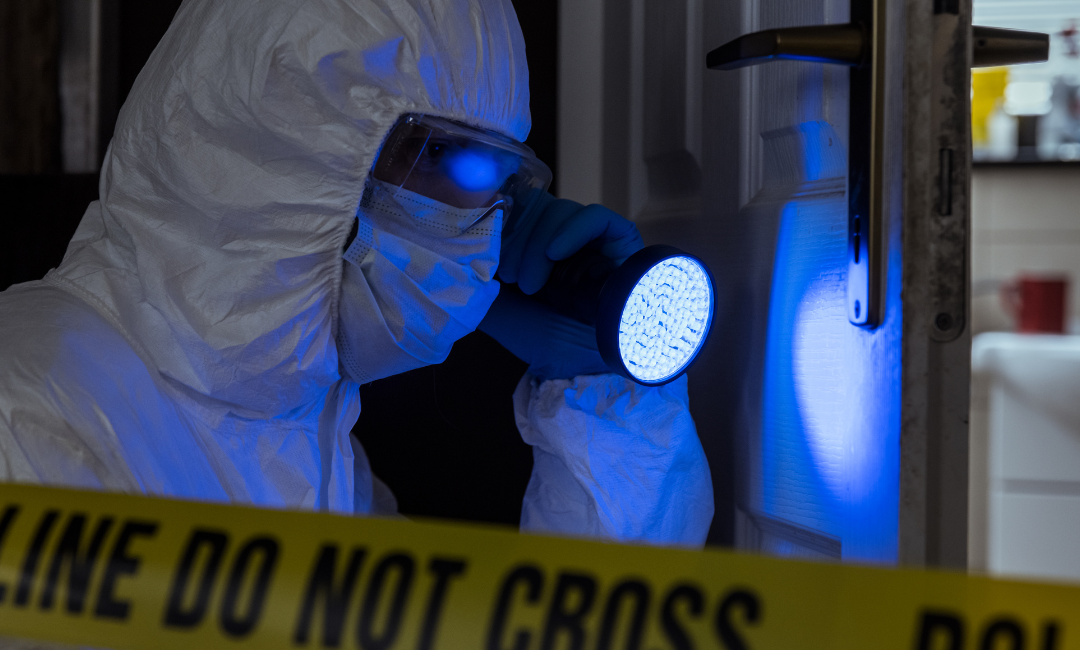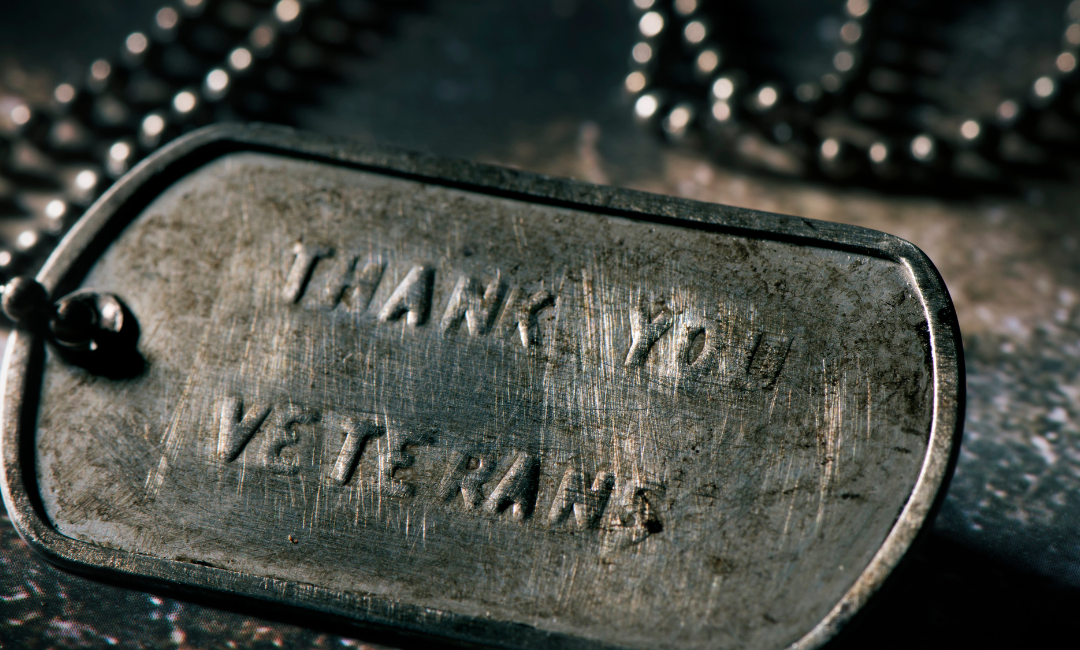How Much Can a CVICU Nurse Make?
Salary rates for CVICU nurses vary based on location, experience, education, and which healthcare facility employs them. Critical care nursing (including CVICU nursing) tends to command higher salaries than other nursing specializations due to the advanced skills and technical knowledge required.
On average, CVICU nurses in the U.S. could earn between $70,000 and $120,000 annually. Urban areas or regions with higher living costs tend to provide higher salaries. CVICU nurses with advanced degrees, certifications, and considerable years of experience may earn higher wages.
Example of a Typical CVICU Shift
In the CVICU, 12-hour shifts are challenging yet rewarding. They consist of various critical care activities to support cardiac surgery patients; patients with acute cardiac conditions who are recovering after surgery; or patients experiencing acute cardiac conditions unrelated to surgery. A nurse working in the critical care unit must maintain high standards to meet this demand for patient well-being.
At the start of a typical shift, nurses receive a detailed handover from previous shifts, which reviews each patient’s medical history, treatment plan, and any changes in condition (not unsimilar to any other hospital nurse). However, the details and complexity are advanced.
As part of any shift, closely monitoring vital signs is of utmost importance, with frequent assessments of cardiac rhythm, blood pressure, and oxygen saturation levels — often hourly and sometimes every 15 minutes — on bedside monitors. Medication administration, including intravenous drugs used to relieve pain, regulate blood pressure, and support cardiac function, is an ongoing responsibility. CVICU nurses collaborate with healthcare team members such as cardiac surgeons, cardiologists, and respiratory therapists to provide comprehensive patient care.
Frequent patient assessments take place, including neurological status evaluation, respiratory function tests, and cardiovascular stability reviews. Interventions such as titrating medications, adjusting ventilator settings, or providing mobility support will be implemented. After cardiac surgery, CVICU nurses monitor and maintain chest tubes and even discontinue them and arterial lines, PICC lines, and other equipment as needed.
Wound care after cardiac surgeries is also a high priority to ensure their incisions stay clean and infection-free. Patient and family education is a continuing process for nursing staff. When an emergency strikes, rapid response and advanced life support skills must come into play quickly, forcing nurses to make fast decisions under pressure. Documentation must be conducted accurately, detailing changes in patient status, treatments administered, and responses to interventions.
As each shift ends, nurses collaborate with their successor nursing teams for an orderly handover process to ensure continuity of care. Such activities demonstrate how the specialized skillset required by this nursing specialization must be applied successfully in providing superior cardiovascular patient care.









